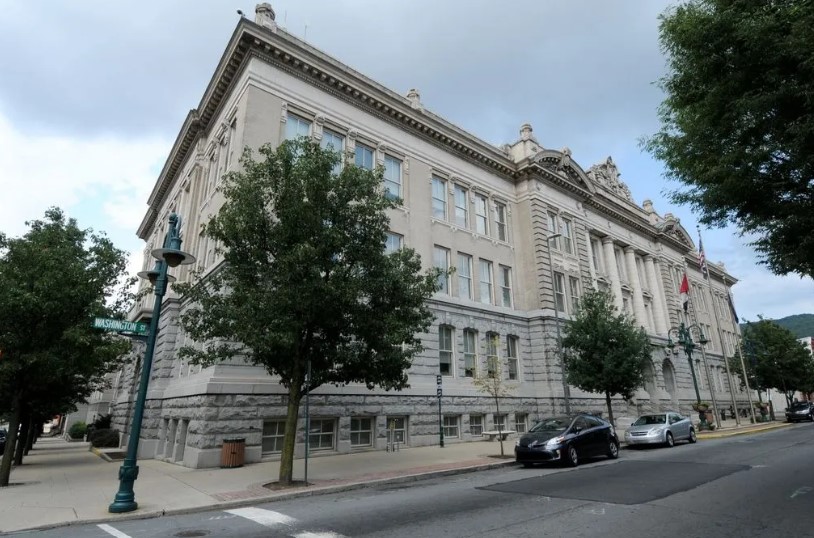Reading police officials are urging City Council to make two adjustments to the city’s noise ordinance to improve enforcement and better respond to residents’ complaints.
Second Deputy Chief Luz Shade told council during a recent meeting that the current law requires two complainants from separate households before officers can issue a citation.
The department, she said, recommends the ordinance be amended to allow citations based on a single complainant.
In either case, complaints cannot be made anonymously, Shade noted.
“We have to have a victim on that citation,” she said.
The second recommendation involves raising the minimum fine.
Currently, the penalty ranges from $25 to $1,000.
The police department suggests increasing the minimum fine to $300, Shade said, with council deciding whether a different amount might be more appropriate.
Shade said officers want to send a clear message: “You break the ordinance, you’re going to be cited, and it’s going to hurt your pocket.”
Shade said the department is moving toward a zero-tolerance approach. Officers have sometimes tried to handle complaints informally in the past but going forward they will issue citations when violations are identified rather than offering repeated warnings.
Council support
Council members expressed support for the proposed ordinance changes, noting noise complaints are among the most common issues they hear about from residents.
Several council members, including District 5 representative Rafael Nunez, emphasized that loud music and disturbances in neighborhoods have become a growing concern. Nunez said he favors a $500 minimum fine and suggested exploring additional penalties for vehicles with large sound systems.
“I have people in my area, they’re sick, and they do not tolerate this noise anymore,” Nunez said, noting residents often look to him to intervene directly.
Nunez described a situation where noise was so disruptive that an ambulance was called to assist an affected neighbor.
Some council members asked if police are able to seize speakers or other equipment when its use is causing a neighborhood disturbance.
Shade said the ordinance gives the police authority to confiscate sound equipment in certain public settings, such as parks, but residential cases are different.
Confiscating equipment from private homes would get “a little muddy” from a legal standpoint, she explained.
Council members also discussed whether confiscating speakers mounted on vehicles or in outdoor public spaces could serve as an effective deterrent.
Department staffing
They also raised questions about how fines are enforced, how many citations have been issued in recent years and whether officers have the staffing needed to respond effectively.
Shade said calls are prioritized with response more serious infractions taking precedence.
She also acknowledged the city’s limited roster of officers can make the response to noise complaints inconsistent.
Due to prioritizing more serious crimes, Shade said, officers sometimes arrive at the scene of a noise complaint after the loud music or other noise has stopped.
Ideally for officer safety, two officers would be dispatched for noise complaints, she said, but that is not always possible.
“When we have a noise call, we attempt to at least send one officer,” she said.
The dispatched officer will attempt to defuse the situation, she said. And if there have been two or more complaints, a citation can be issued.
Councilman O. Christopher Miller noted the challenge of handling large gatherings with only one responding officer, calling it unrealistic to expect consistent enforcement under current staffing levels.
Council President Donna Reed said the city must also balance enforcement with education and neighborhood outreach.
“To me, that’s the whole thing,” she said, noting strengthening neighborhood ties is just as important as punitive measures.
Council members expressed their gratitude to and support of the department’s work.
Reed said council it will review the police department’s recommendations and work with the administration on possible amendments to the ordinance.
Originally Published: September 8, 2025 at 10:30 AM EDT

